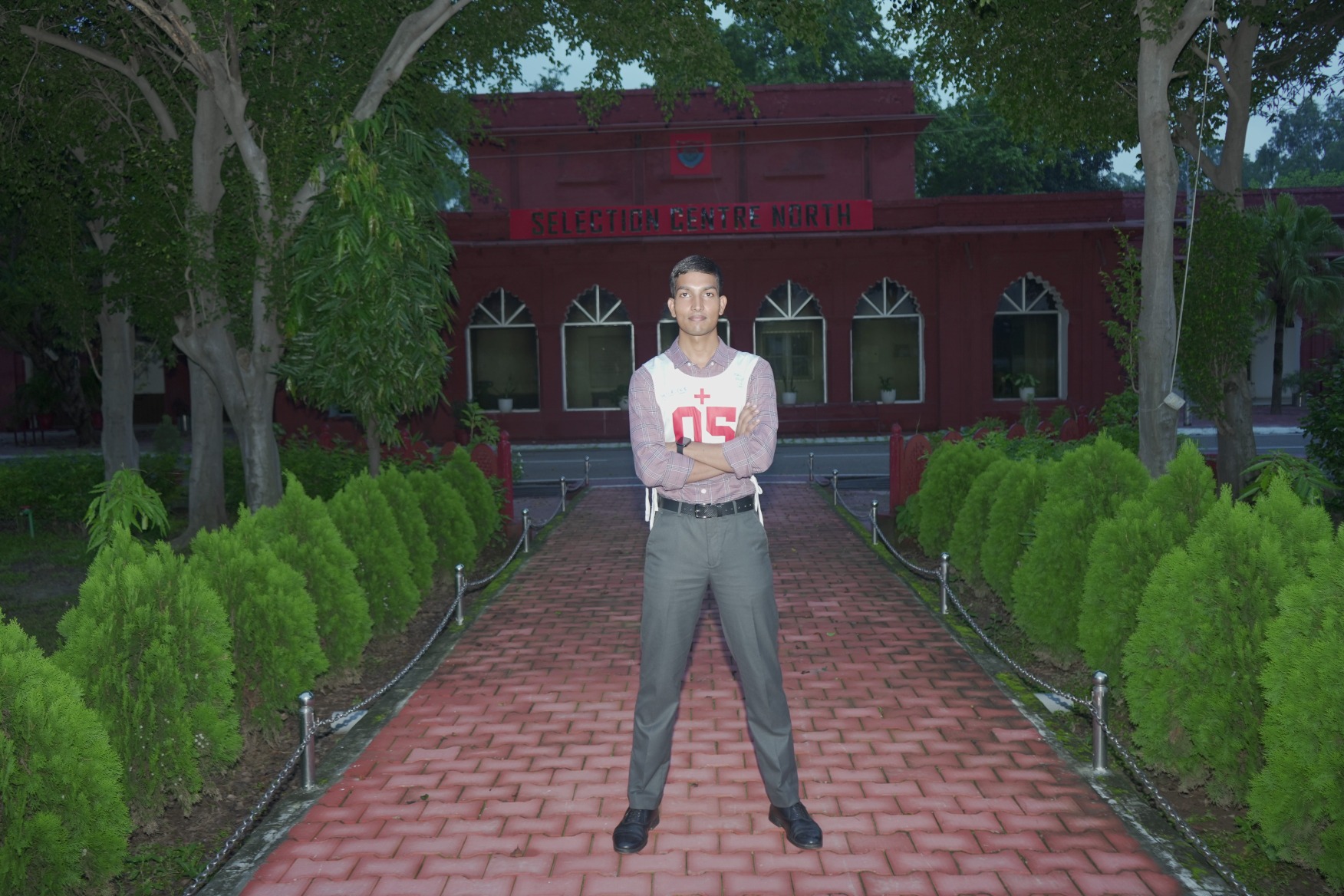Fresh SSB batches start around the 1st & 15th of every month.
What do you think is the biggest mistake committed by India in its history?
- Taking the Kashmir issue to the UN
- Recognizing Tibet as a Chinese territory
- Not being able to stop caste-based reservation
Introduction: India, in its post-independence history, has made several landmark decisions — some strategic, some controversial. While each of the three options has had a long-term impact, taking the Kashmir issue to the UN is often viewed as a strategic miscalculation that continues to affect India’s internal security, diplomacy, and global narrative.
1) Taking the Kashmir Issue to the UN (1948)
- Background: In 1947, Pakistan-backed tribal invaders attacked Kashmir. Maharaja Hari Singh signed the Instrument of Accession, and India sent troops. But in January 1948, India took the matter to the United Nations under Article 35 of the UN Charter.
- UN Mediation Outcome: The UN recommended a ceasefire and a future plebiscite. This led to the creation of the Line of Control (LoC) and Pakistan's illegal occupation of part of Kashmir (PoK).
- Impact:
- Allowed internationalization of a bilateral issue.
- Strengthened Pakistan’s false claim over Kashmir.
- Led to multiple wars and persistent insurgency (especially after 1989).
- Current Situation: Despite Article 370 being abrogated in 2019, Kashmir remains diplomatically sensitive, and international pressure resurfaces often.
✅ Why it’s considered a mistake:
It reduced India’s leverage by inviting foreign intervention and continues to complicate India’s foreign policy and internal stability.
2) Recognizing Tibet as Chinese Territory (1954)
- Background: India signed the Panchsheel Agreement with China in 1954 and officially acknowledged Tibet as an integral part of China.
- Impact:
- India lost the strategic buffer zone of Tibet.
- After the Dalai Lama’s exile in 1959, relations with China deteriorated.
- 1962 Indo-China war resulted in a crushing defeat and still echoes in border disputes (e.g., Doklam 2017, Galwan 2020).
- Criticism:
- India sacrificed a natural strategic buffer without securing a stable long-term border agreement.
- China's dominance over Tibet intensified Chinese aggression on the Indian border.
✅ Why it’s a mistake:
Though done to foster goodwill, it allowed China proximity and strategic control over India’s northern frontier, altering the security dynamic permanently.
3) Not Being Able to Stop Caste-Based Reservation
- Background: Reservation was introduced for Scheduled Castes and Tribes in 1950, and extended to OBCs after the Mandal Commission (1990). Initially temporary, reservations have continued and expanded.
- Impact:
- Empowered historically oppressed communities with access to education and jobs.
- But also created political vote banks, merit vs. quota debates, and inter-caste resentment.
- Statistics:
- As of 2023, nearly 50 percent of seats in government jobs and education institutions are reserved under various quotas.
- Challenges:
- Demand for EWS reservations from general category.
- Cases of violence and protests like Jat, Patidar, Maratha agitations.
- Some argue for economic-based reservation instead of caste.
✅ Why it’s debated as a mistake:
Though well-intentioned, the failure to reform or sunset the system has led to dependency, politicisation, and at times social divide.
Conclusion (Balanced View): All three decisions had far-reaching consequences, but taking the Kashmir issue to the UN remains the most impactful mistake. It gave a permanent global dimension to a domestic matter, restricted India's maneuverability, and emboldened Pakistan’s interference for decades. The Tibet decision weakened strategic depth, and caste-based reservation requires urgent reform — but Kashmir’s internationalisation continues to cost India diplomatically and militarily.
